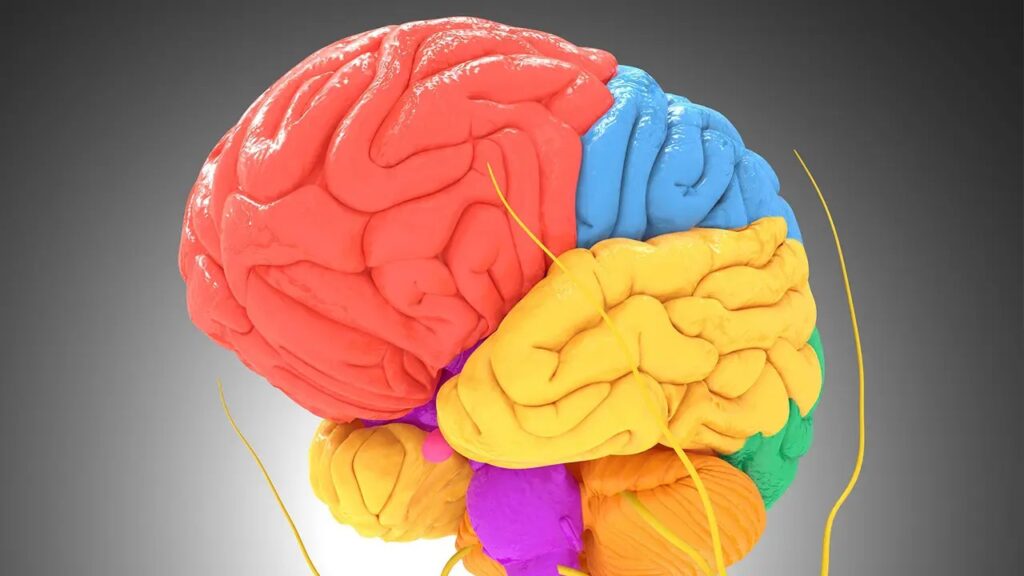02/04/2024
02/04/2024

NEW YORK, April 2: A groundbreaking smartphone application has emerged as a potential tool for detecting early-onset dementia, particularly in individuals at high risk, recent data suggests. Scientists have demonstrated that cognitive tests administered via this app are as sensitive as traditional medical evaluations in identifying initial signs of frontotemporal dementia (FTD) among those with a genetic predisposition to the condition.
Frontotemporal dementia is a neurological disorder that typically surfaces in midlife, characterized by the deterioration of brain regions responsible for essential skills such as planning, prioritization, impulse control, and distraction management. However, diagnosing FTD early has been challenging, often leading to misdiagnoses of psychiatric disorders due to the condition's rarity and overlap with other conditions.
Professor Adam Boxer, the senior author of the study from the University of California, San Francisco, highlighted the significance of early diagnosis, stating, "Most frontotemporal dementia patients are diagnosed relatively late in the disease."
In collaboration with Datacubed Health, a US-based software company, researchers developed an app capable of recording users' speech while engaging in various cognitive tests, including assessments of executive functioning and language comprehension. The app was tested on 360 adults at high genetic risk of developing FTD, including asymptomatic individuals.
Results, published in JAMA Network Open, revealed the app's promising ability to accurately detect dementia, potentially even surpassing traditional neuropsychological evaluations in identifying early-stage conditions. Despite no immediate plans for public release, Dr. Adam Staffaroni, the study's lead author, emphasized its potential in advancing FTD research.
Over 30 clinical trials, including potential therapies to slow disease progression, are currently underway or in planning stages. However, a major challenge has been the lack of easily accessible outcome measures sensitive to treatment effects in early disease stages.
Moreover, frequent in-person assessments impose significant burdens on patients, caregivers, and clinicians alike. Smartphone assessments could alleviate this burden and facilitate new trials for promising therapies. Dr. Staffaroni expressed hope that the app would eventually serve as a tool to monitor treatment effects, potentially replacing many in-person clinical trial visits.


